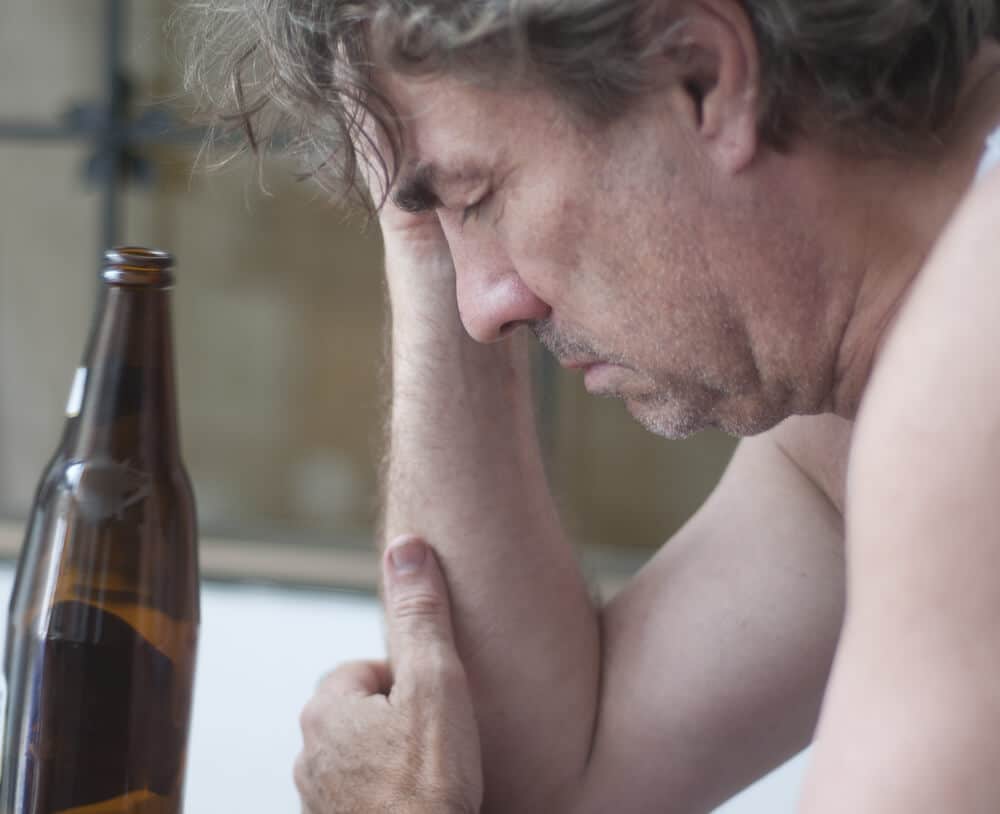
How the Alcohol Relapse Treatment Process Works
Legacy Healing Center Blog
Learn how you can help manage someone who has experienced an alcohol relapse with these tips from Legacy Healing Center.
Have you or a loved one suffered from alcohol use disorder? If so, you will want to learn more about this disorder and also create an alcohol relapse prevention plan.
This disorder, known in the past as having an alcohol addiction or suffering from alcoholism, is now considered a chronic brain disorder. In this disorder, the reward system of the brain is affected, which means the person can exhibit compulsive behavior when alcohol is involved.
Someone with an alcohol use disorder is also more likely to abuse the substance, as well as engage in riskier behaviors when consuming alcohol.
Alcohol Relapse Prevention
Today, there are so many treatment options to help someone who is addicted to alcohol, ranging from detox to inpatient and outpatient programs, learning about cognitive behavioral therapy, engaging in 12 step programs, and more.
But one aspect that should always be included when learning how to recover from alcohol use disorder involves alcohol relapse.
According to DrugAbuse.gov, as many as 40 to 60 percent of people who are dealing with addiction will relapse.
There is a flawed stigma in our society that relapse happens because someone didn’t have enough willpower or isn’t mentally strong enough. This is far from the truth about alcohol relapse.
Drug and alcohol relapses should be viewed as a relapse in symptoms of the disease. For instance, between 50 and 70 percent of people with asthma will experience a relapse in their symptoms at some point.
The same can be said for Type 1 diabetes, in which as many as 30 to 50 percent of people living with the disease will experience a relapse of symptoms.
Treating Someone who Experiences an Alcohol Relapse
If you or a loved one has experienced alcohol relapse, it is crucial to view it as a recurrence of disease symptoms rather than beating yourself up and telling yourself it is because you are weak or worthless.
It is also imperative to have an alcohol relapse prevention plan to help you avoid this recurrence in symptoms.
First, if you or your loved one are just out of detox and rehabilitation then you know how important it is to manage daily stressors and know your triggers. You will also want to keep yourself occupied and busy by attending support groups, therapy, and new activities or hobbies that keep you distracted from your substance of choice.
And, you must understand what a relapse is. Relapse means being unable to stay sober over a period of time.
You will also want to know the signs that you may be heading toward a relapse, such as distancing yourself from support and therapy, fantasizing or romanticizing your past substance use, feeling like your emotions or ability to handle stress is uncontrollable, spending time with people who will put you at risk for drinking, or becoming fixated on getting the substance.
The first time someone consumes alcohol after a rehabilitation program is known as a lapse. This may be an accidental occurrence or a lapse in judgment. A relapse is when someone knowingly returns to increased consumption of alcohol or other addictive substance.
Just because someone relapses, it doesn’t mean that rehab and detox didn’t work, but it can mean that more help is needed to stay on the road to sobriety. More time in rehab, learning additional cognitive-behavioral techniques and recommitting to support groups, therapy, and 12 step plans can help.
Relapse prevention is possible but you or your loved one has to take the first step to receive help. Alcohol use disorder is a disease that needs to be treated. Learn how various treatment programs and therapy can help at Legacy Healing Center.
Our addiction specialists are looking forward to speaking to you and helping you or your loved one learn how to prevent alcohol relapse. Call us today at 888-597-3547.